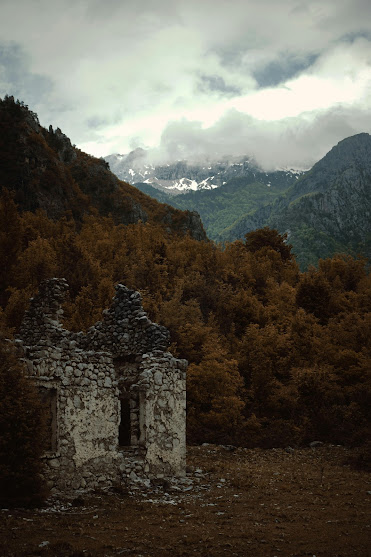Moldova, a small landlocked country nestled between Romania and Ukraine, offers a rich tapestry of history, culture, and natural beauty. Despite its size, it boasts a diverse landscape featuring rolling hills, vineyards, and the Dniester River.
History and Culture
Moldova has a complex history influenced by various empires, including the Ottomans and the Russian Empire. The capital city, Chișinău, is a blend of Soviet-era architecture and modern developments, with numerous parks and monuments reflecting its past. The country is known for its vibrant folk traditions, music, and dance, which are celebrated during numerous festivals throughout the year.
Natural Beauty
Moldova's countryside is dotted with picturesque villages and lush vineyards. The Codru National Park and the Orheiul Vechi archaeological complex offer opportunities for hiking, exploring ancient monasteries, and appreciating the region's biodiversity. The serene landscapes provide a tranquil escape for nature lovers.

Challenges and Opportunities
Despite its potential, Moldova faces economic challenges and political instability. However, it is gradually making strides towards integration with the European Union and improving its infrastructure and economy. The resilience and hospitality of the Moldovan people shine through, making it a welcoming destination for travelers seeking authentic experiences.
Conclusion
Moldova may not be as widely recognized as other European destinations, but its rich heritage, stunning landscapes, and warm culture make it a worthwhile place to explore. Whether you're indulging in local wines, experiencing traditional festivals, or wandering through charming villages, Moldova offers a unique glimpse into Eastern European life.

























































